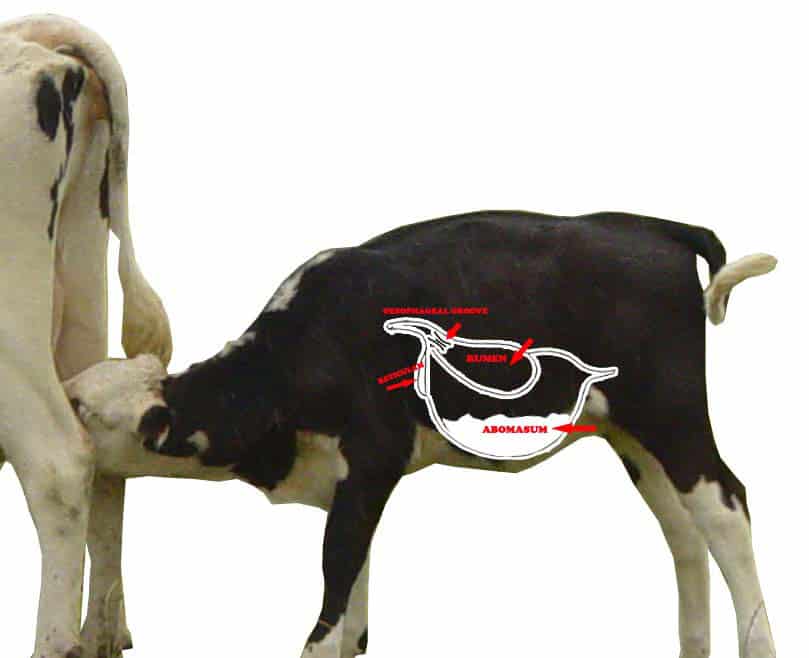
Download "Is it kosher?" app
More than 1 million of kosher products from all over the world.

Rav Eliezer Wolff of Amsterdam, a member of the European Badatz Igud Rabbonim, recently wrote an article Les fromages et produits dérivés casher (in French) on kashrut issues with regard to milk and other dairy products. He mentions the disagreement regarding whether all milk needs rabbinic supervision (“chalav yisrael”) or whether government supervision is sufficient. The most well-known opinion regarding this is that of Rav Moshe Feinstein who considers a government entity (such as the US’s Food and Drug Administration) equivalent to a shomer.
For those who follow an opinion that supervision is required (or who live in a place where there is not sufficient government supervision), Rav Wolff discusses some of the details involved in milk supervision: how closely the milking needs to be supervised, requirements for the cleanliness of the utensils, and the health of the animals.
Cheese
Cheeses require supervision due to a rabbinic decree. This was made because in order to coagulate milk for cheese, it would be placed in a ruminant animal’s fourth stomach which contained the enzymes to make the milk curdle. Obviously, because of both the rules of milk/meat and the meat of a non-kosher animal this would be problematic. This would be the case even if the stomach lining was extracted (the substance known as rennet) and used to create cheese outside the animal. Even though the amount of animal rennet might be small, it cannot be nullified according the Shulchan Aruch (Yoreh Deah 99) because it has a noticeable effect on the end product. Animal rennets are very common in French cheeses whose companies are often proud of their use.
The Abomasum is the fourth stomach, picture from handyface
There are a number of non-animal sources of enzymes that work the same (“vegetarian rennet”), which include leaves of the common butterwort, the flower of the chardonette (wild artichoke), and other microbial sources (however, these require a higher temperature to react). To produce kosher cheese, the supervisor ensures the milk is kosher (as above), similar requirements for the cleanliness of utensils, and inserts the vegetarian/microbial rennet. Cross-contamination of kosher and non-kosher production runs needs to be avoided, and there needs to be a well defined method to distinguish the kosher cheeses.
Cottage Cheese
Cottage cheese and yogurt do not fall into the rabbinic decree regarding cheese supervision (since they do not involve rennet), but there may be concerns of other non-kosher ingredients including gelatin, cochineal red dye (carmine), or anthocyanins (fruit-based dyes that can come from grapes, which require rabbinic supervision related to wine rules).
Butter
Butter does not fall into the milk rules. At one time, there was an attempt to also enact a decree regarding butter, it was never accepted. There are some who are strict and do not buy ordinary (unsupervised) butter.
Cream
Cream is classified by most authorities as falling into the category of milk and not butter, and therefore follows the same rules as milk.